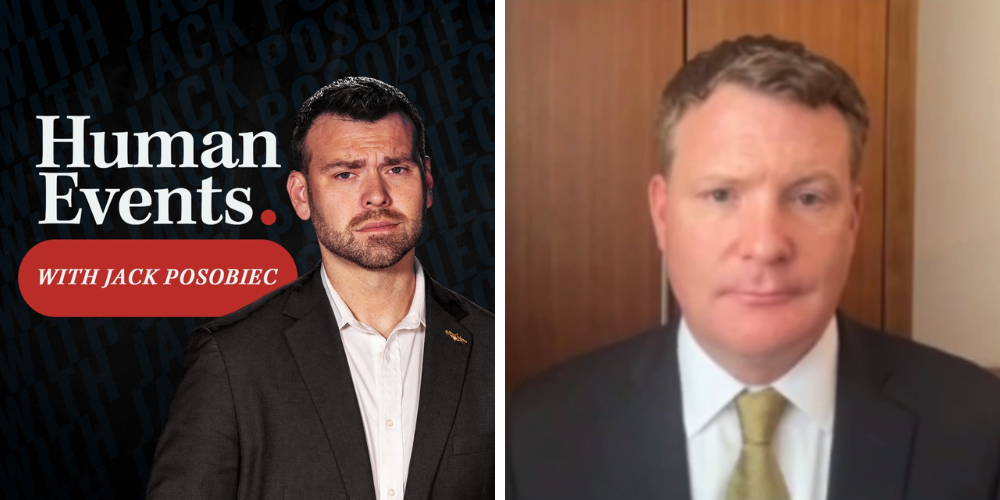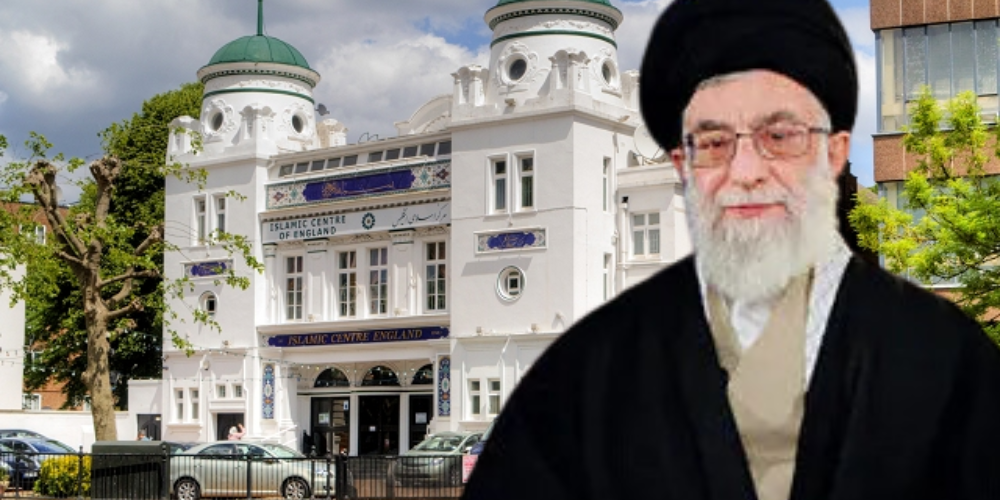The Islamic Republic of Iran has elections, but most Westerners correctly believe it is not a true republican democracy. This is because the only candidates that people are allowed to vote on are those chosen for them by Iran’s ruling elite. By the time the people have any say in the matter, their potential choices are few and quite similar to one another. The citizenry can then wisely vote for the tallest candidate - confident that the beloved status quo is well protected.
You can see how this is different from America’s political system, a true republican democracy. Here, we can have up to two similar candidates per contest, both of whom have earned their place on the ballot by a system of arcane networking among America’s ruling elite. The citizenry can thus wisely vote for the tallest candidate - confident that the beloved status quo is well protected.
America is a great country despite her government - because the American people, in Milton Friedman’s immortal phrase, are “free to choose.” I can, within my price range, choose from among thousands of houses in geographically diverse areas. I can choose my car from among dozens of makes and models. I can choose my clothes, my toys, my bank, my computer, my books, my meals, my job and a legion of other things from among a plethora of possibilities. I can choose what fits me best, based on need or price or compensation or image - and so can you.
The result of such abundant possibilities is that I can assemble a better life for me and you can do the same for you. Add this up 300,000,000 times and you have America’s general prosperity. If we are unhappy with our choices, we can hunt new ones. And if someone meets our needs better, we can flock to the new and improved choice, and away from the unwanted choices.
Consider cars or computers. How different are they now than they were in your childhood? How ordinary is it that they should improve year by year - that better choices appear? Now imagine that we had a choice of only two brands of car and all new competition was kept off the ballot, so to speak. Would cars get better very quickly? Would they get better at all? What if, in 1980, laws had been passed effectively limiting computer manufacturing to one of only two brands?
How would this have affected the rate of improvement? In all likelihood, you would still be using floppy disks, staring at a green screen, and typing an arcane series of slashes and abbreviations to try and send a small, ugly text file to a dot matrix printer.
Yet this is our political system - two choices, chosen through similar processes by an initiated class of donors, pundits, power brokers and strategists. Is it any wonder we are unhappy. Having just two choices means we often have no choice at all.
Suppose you want illegal immigration controlled? Which party is for that? The party of amnesty for cheap labor, or the party of amnesty for cheap votes?
Or what if you want government made smaller? Is that still the Republican platform, or have they shelved that goal while they create a $57 billion “Department of Limited Government” to study the issue at a series of earmarked laboratories built on artificial reefs located in each and every Congressional district in America?
Or posit that one found the limitations placed on America’s sovereignty by trade agreements somewhat troublesome? Well, that’s just exactly the sort of issue that you could count on the Democrats to address, just as soon as the United Nations and the World Court told them that it was OK to do so.
Likewise, what if one were a believer in truly free trade right here at home, and thus did not want the government to determine who the winners and losers in business would be through tax breaks and handouts to preferred donors? Which party will work for that exactly? The main reason that our bipartisan tax code is slightly larger than Maureen Dowd’s therapy notes is that every congressman in the country is trying to amend it to spare his special friends from having to play on a level field.
Well, there are always the primary elections to have some new choices from each party, correct? Well, no. Not anymore. Both parties are becoming increasingly bold about squashing all choice in the primaries. Primary elections are rapidly becoming nothing more than vestigial ceremonies, like the vote of the Electoral College. In the guise of “sparing” the eventual winner (as if anyone knows for sure who that would be) the expense and bad press of an internal fight, party insiders now openly choose the winner of the primary for the voters. They then force out or financially strangle all those who would dare to “split the party” by competing in an actual election. Not surprisingly, party insiders are the candidates that are chosen for the voters most every time.
Right now in Rhode Island, the national Republican Party is doing everything in its power to force Republican voters to re-elect unpopular Sen. Lincoln Chaffee, by actively campaigning against his Republican primary challenger, Steve Laffey. Rather than voters using the primary to tell the leadership who to support, the leadership is using the primary to tell the voters who to support. “Orwellian” is an overused word, but it applies here.
Similarly, in Ohio’s Senate primary, the Democrats recently forced out popular Iraq War veteran Paul Hackett to make room for political insider Rep. Sherrod Brown to receive the nomination without a serious challenge. "This is an extremely disappointing decision that I feel has been forced on me," commented Hackett upon withdrawing. More importantly, the decision was forced on Ohio’s Democrat voters, who may not have chosen Brown.
And even when a candidate not preordained by the party elite manages to win a primary, the party leadership will usually scuttle his campaign by refusing to support him in the general election. They can justify such a decision by claiming the race was not competitive - a self-fulfilling prophecy designed to benefit the prophesiers. The voters will then be more likely to listen the next time they are told who “can win” a general election.
In short, Americans are increasingly not free to choose their desired leaders. Two insiders are chosen in back rooms, and people must then settle upon which one annoys them least in the general election. Because neither candidate has been tried by fire in a close primary, both are usually terrible candidates, hiding from voters even as they must appeal to them.
Solutions to this disturbing lack of choice must be found.
One is simple: parties must allow primaries to be neutrally administered and freely contested. It is in a party’s best interest to identify talented candidates through competition. The first party to reinvigorate its candidate selection process in this way will dominate the other.
Another solution would be harder to enact, but even more beneficial: laws must be passed - by ballot referendum if necessary - requiring that the winner of a general election must have at least 50% of the vote, or else face a run-off election. This would open up America’s political landscape to third parties, who would no longer face the huge hurdle of people worrying that they would be “throwing away their vote” by voting for a third candidate.
If the greater of two evils wins with a clear majority of the vote, he could not have been defeated by anyone voting for another opponent. If no candidate gets a majority in a three-way race, you can always settle for the lesser of two evils in the run-off.
Voters must be more free to choose.




